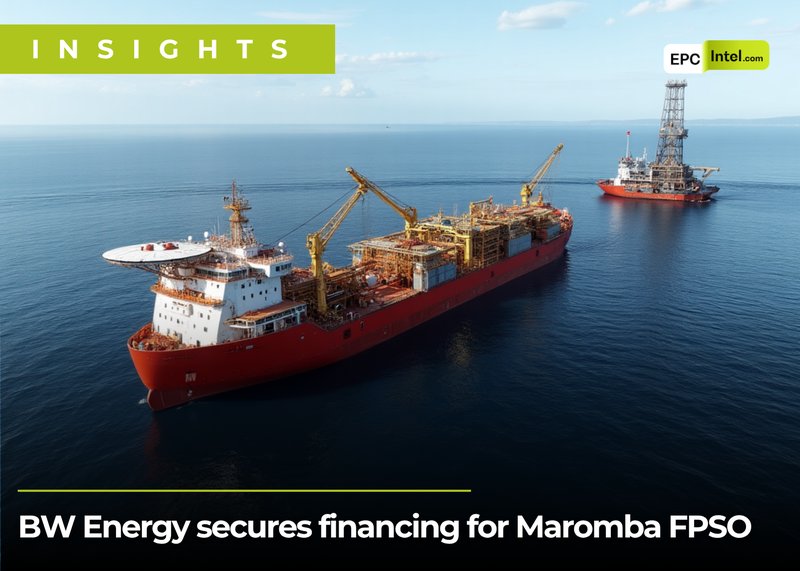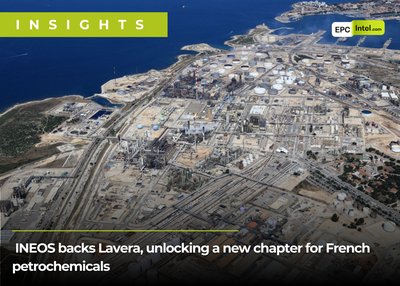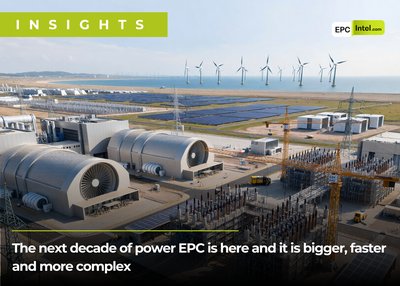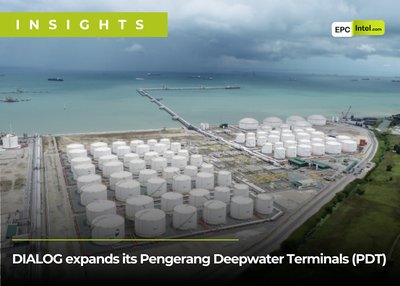BW Energy has reached a major milestone in advancing the Maromba field development offshore Brazil, completing a USD 365 million project finance facility backed by China Export & Credit Insurance Corporation (Sinosure). The financing will fund the refurbishment and redeployment of the Maromba Floating Production Storage and Offloading (FPSO) unit, positioning the project for final construction and field commissioning.
Funding structure and lenders
The facility, which was heavily oversubscribed, will finance about 80% of the FPSO project cost. It was arranged by a syndicate led by The Export-Import Bank of China (CEXIM), Abu Dhabi Commercial Bank (ADCB), Arab Banking Corporation (Bank ABC), National Bank of Fujairah (NBF), and Commercial Bank of Dubai (CBD). CEXIM, ADCB, and Bank ABC acted as Mandated Lead Arrangers, while ADCB and Bank ABC also served as Structuring, Advisory, and Documentation Banks. Bank ABC holds the role of Technical Advisory Bank.
The Sinosure-backed loan is structured with progressive drawdowns through the construction phase, followed by a 6.5-year amortization period post-completion. It carries an interest rate of SOFR plus 2.8%, with a 40% commitment fee on undrawn funds. This arrangement underlines BW Energy’s growing relationships with Asian and Middle Eastern lenders, broadening its access to competitive export credit agency (ECA) financing.
FPSO refurbishment and project scope
The Maromba FPSO will be converted from an existing production unit, in line with BW Energy’s strategy to repurpose proven infrastructure. This approach significantly reduces capital intensity and construction timelines while limiting the project’s environmental footprint. EPCIntel.com data indicates typical FPSO redeployment costs of around USD 450–500 million, split between hull and topsides refurbishment (approximately USD 250 million), turret and mooring integration (USD 70 million), subsea tiebacks (USD 80 million), and commissioning and hook-up works (USD 60–100 million).
BW Energy’s approach mirrors the cost-efficient model used for the Hibiscus and Dussafu projects in Gabon, emphasizing asset reuse and modular upgrades rather than full newbuilds.
Rig lease and development preparation
In parallel, BW Energy has finalized a short-term lease with Minsheng Financial Leasing Co. Ltd (MSFL) for the Super Gorilla class jack-up rig BW Maromba B. The USD 107.5 million lease enables the company to commence early development activities on the Maromba field while a longer-term charter agreement is structured. The lease is arranged as a bareboat charter with interest-only payments, to be refinanced into a long-term structure at a later stage.
The BW Maromba B will be deployed to drill and complete the initial wells for the Maromba field, targeting first oil after FPSO commissioning.
Strategic outlook
Commenting on the transaction, Brice Morlot, CFO of BW Energy, highlighted that the financing “demonstrates our ability to secure competitive long-term funding and build strong relationships with a diversified group of new lenders from the Middle East and Asia.”
The Maromba field, located in the Campos Basin, is one of Brazil’s last major undeveloped oil discoveries from the early 2000s. BW Energy acquired the asset from Petrobras and Chevron and is progressing toward full-field development with first production expected around 2026.
According to EPCIntel.com analysis, total capital expenditure for the Maromba redevelopment, including FPSO conversion, subsea systems, drilling, and well services, is expected to exceed USD 1.1 billion. EPC and supplier opportunities span FPSO refurbishment, subsea umbilicals and flowlines, riser systems, topside modules, turret integration, and well completion packages—each representing significant contracting potential for regional and international suppliers.
In short
BW Energy’s financing package marks a turning point for the Maromba project. The strong ECA-backed syndicate and dual-track rig lease strategy ensure momentum toward first oil, while underlining a broader trend in offshore development—leveraging existing assets and export-backed funding to unlock reserves at lower carbon and capital intensity.




